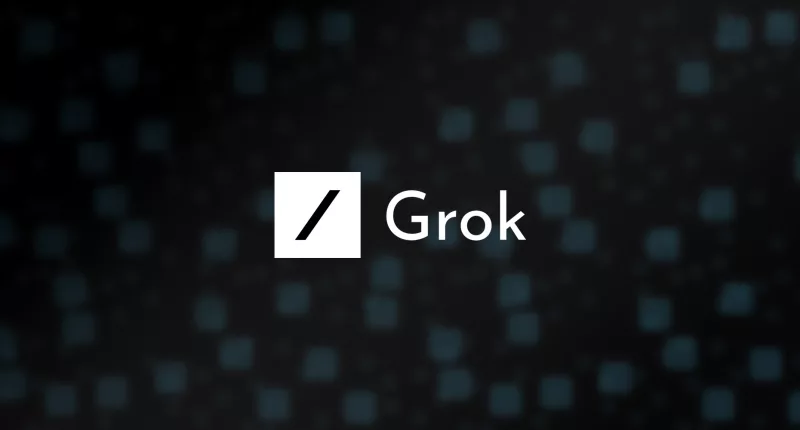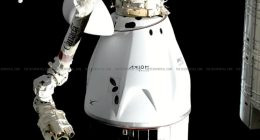Elon Musk’s feud with OpenAI takes a new turn as his AI startup, xAI, has announced plans to open-source its generative AI chatbot, Grok. This move comes just days after Musk filed a lawsuit against OpenAI, accusing the company of straying from its initial open-source mission.
“This week, @xAI will open source Grok,” Musk – who is renowned for his ventures such as Tesla and SpaceX, made the announcement via his social media platform X. Musk did not forget to take pot shots at OpenAI – a company he had co-founded – as well, and when an X user wrote that OpenAI should do the same, the billionaire wrote that “OpenAI is a lie.” As the norm is with Musk’s posts on social media, the tweet quickly gained traction.
OpenAI is a lie
— Elon Musk (@elonmusk) March 11, 2024
With this development, Grok (yet another competitor to OpenAI’s ChatGPT) will be freely available for public examination and experimentation. The chatbot itself boasts features such as real-time information access and a distinctive quirky personality, although it does shy away from responding to sensitive queries. At the time of its launch in November 2023, the chatbot was available to all of the company’s Premium+ subscribers (aka those who are paying the monthly subscription of $16, or $22 via the app). At the time of its launch, Musk said the tech was more powerful than ChatGPT 3.5.
As of now, Grok is being developed and updated by a team of 16, including Musk himself. xAI itself is also on the lookout for several different engineering roles. By open-sourcing Grok, xAI – which itself was launched in May 2023 to be positioned as an alternative to OpenAI and Google – aims to democratize access to advanced AI technology and foster innovation among developers and researchers. (Speaking of Google, the tech titan released Gemma, a host of open-source AI large language models (LLMs) built using the same research as its Gemini, a few weeks ago).
The decision to open-source Grok reignites the debate surrounding open-source AI and its implications for the rapidly-advancing AI and tech industries. Advocates rightfully argue that open-sourcing promotes collaboration, transparency, and ethical AI development. And for their part, critics raise concerns about security risks and intellectual property protection.
In fact, the decision to open-source Grok can be seen as a direct response to the ongoing battle between Musk and OpenAI. For those who need a reminder, Musk had co-founded OpenAI in 2015 but left the company three years later. He has since become a vocal critic of OpenAI’s shift towards a for-profit model and its decision to close its technology off from public access. The lawsuit filed earlier this month alleges that OpenAI has broken its promises and betrayed its original mission. OpenAI responded by releasing emails suggesting Musk previously supported a for-profit model and even proposed merging with Tesla.





